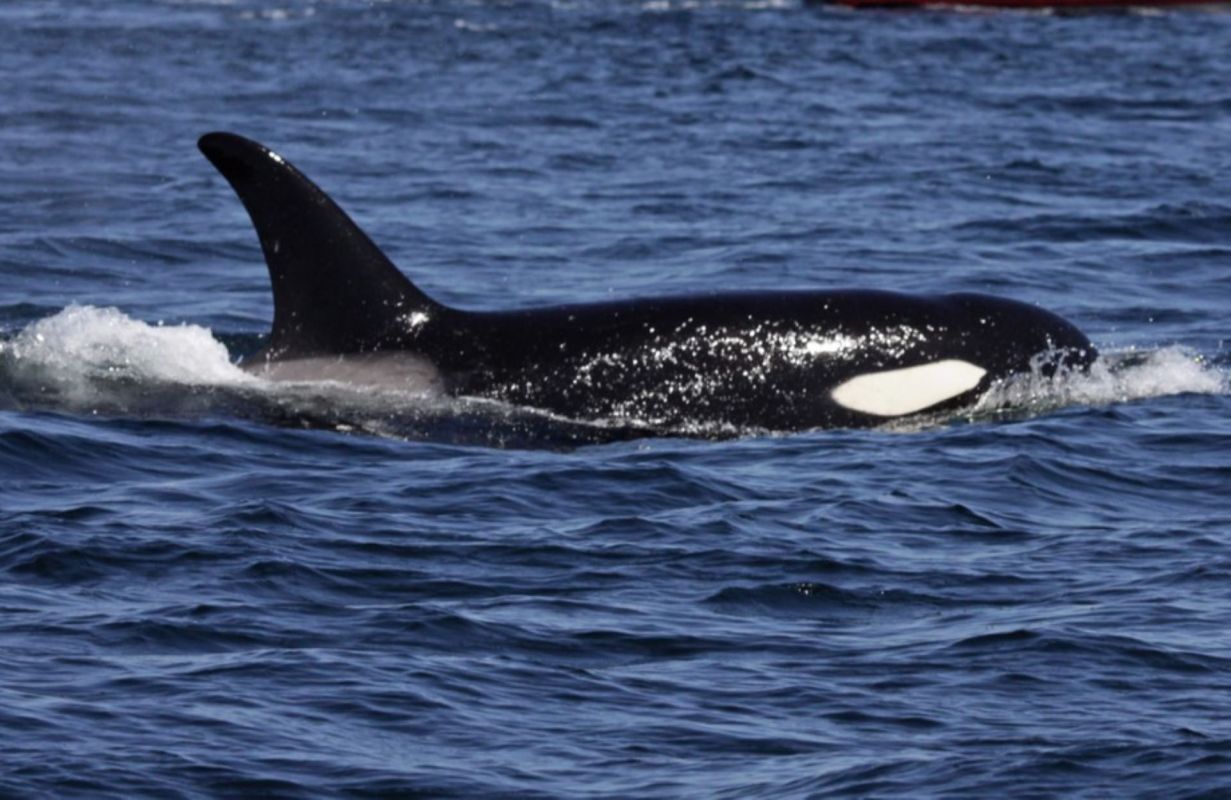In a distressing incident off the coast of Brazil, a young female orca, only 16 feet in length, was found dead on Serra Beach, Espírito Santo.
The day before her tragic demise, this orca was seen exhibiting unusually friendly behavior towards fishermen. This interaction, initially perceived as playful, is now seen as heartbreaking.
The orca's body, thin and scarred with shark bites, revealed a shocking truth. A necropsy conducted by Brazil's Orca Institute found a 2.5-foot-long sheet of hard plastic, alongside other plastic debris, in her stomach. This tragic discovery underscores the ongoing crisis of plastic pollution in our oceans.
The orca's death is not an isolated incident — a sperm whale with a stomach full of plastic washed up in Hawaii recently as well — and is a reminder of the severe impact of plastic pollution on marine life.
According to Newsweek, The International Union for the Conservation of Nature estimates that at least 14 million tons of plastic waste end up in the ocean every year. Researchers from Stanford University further found that some species of whales are ingesting as many as 10 million pieces of microplastic each day.
Large plastics, like the one found in the orca, can block digestive systems, tricking animals into feeling full and leading to starvation. The fight against plastic pollution is multifaceted, involving both policy initiatives and individual actions. Governments and environmental organizations worldwide are increasingly focusing on reducing single-use plastics and improving waste management systems.
On an individual level, you can contribute by minimizing your use of single-use plastics, participating in beach clean-ups, and supporting policies and organizations dedicated to tackling this issue. Every small action adds up in the collective effort to safeguard our oceans and their inhabitants.
This incident is a stark reminder of the interconnectedness of our actions and the health of our planet's ecosystems. As we continue to witness the devastating effects of plastic pollution, it becomes increasingly clear that immediate, collective action is required to protect and preserve the natural world.
Join our free newsletter for weekly updates on the coolest innovations improving our lives and saving our planet.









